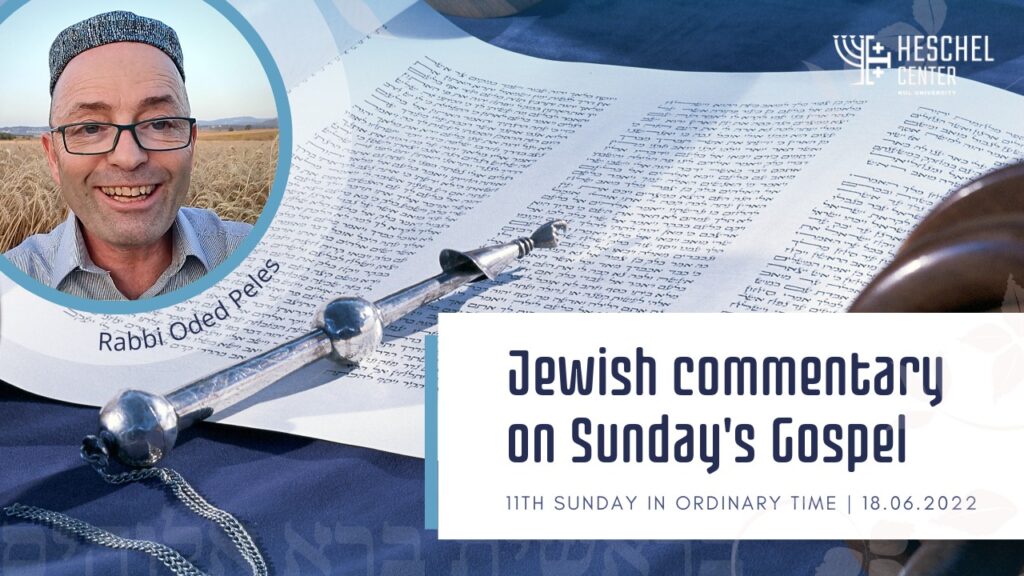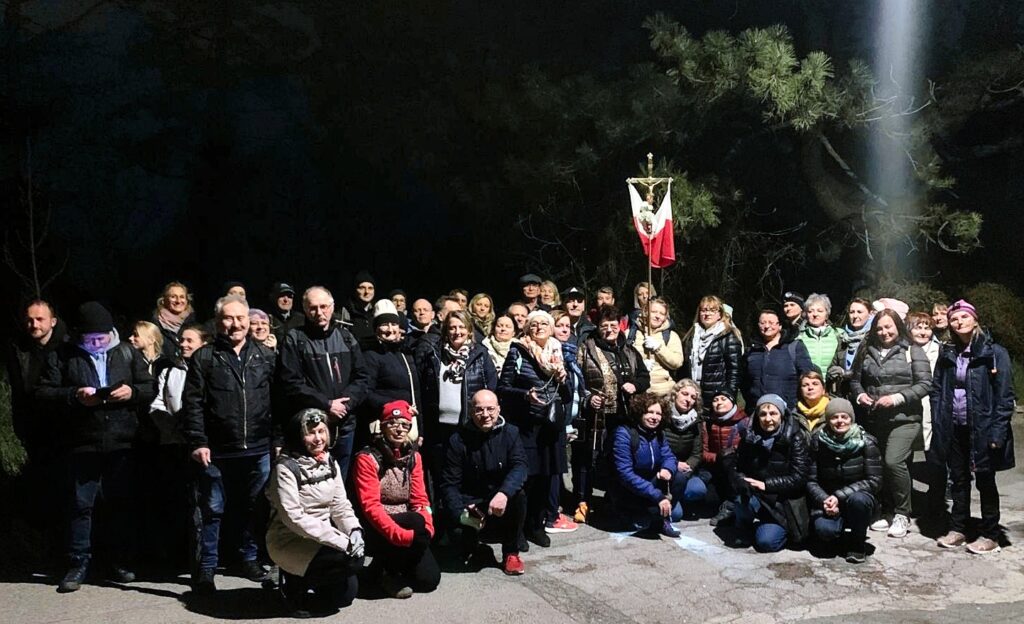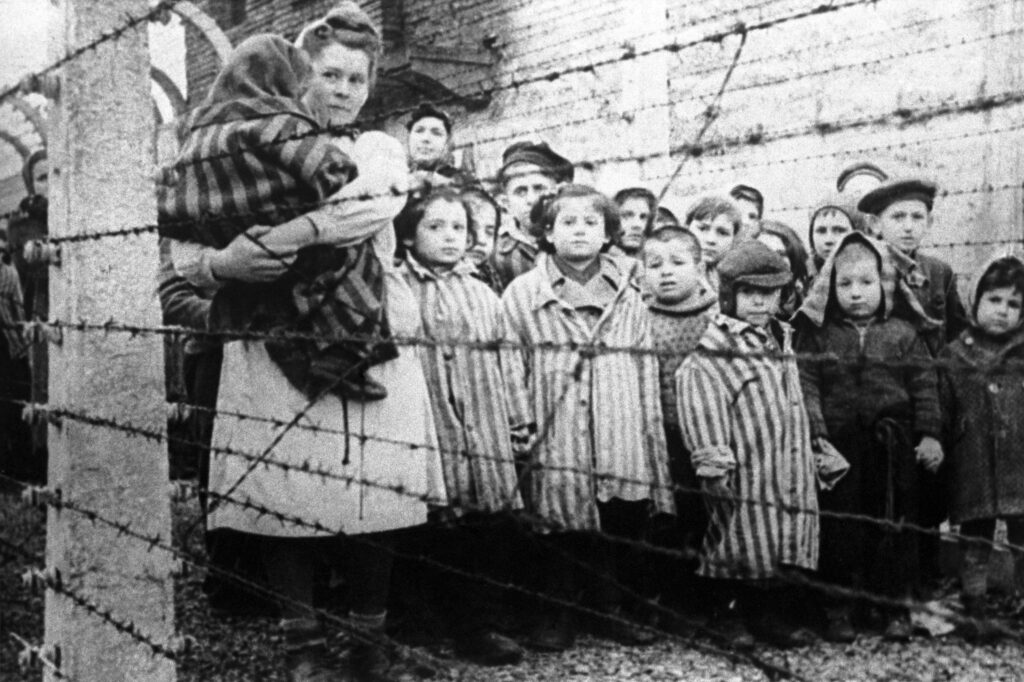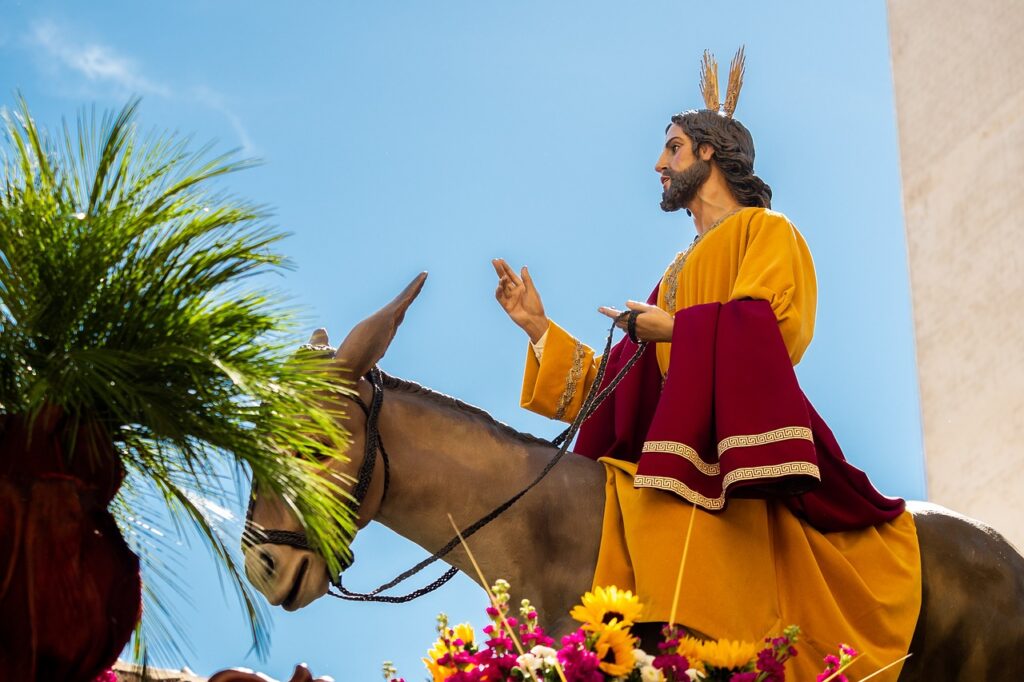The day is short, the work is plentiful, and the people are insolent, and the reward is great
Seeing the crowds of people, Jesus took pity on them, for they were jaded and abandoned. The intention of the Almighty God is to sustain the lives of all souls. That’s why Jesus was moved and His heart was touched at the sight of the crowds. There are many references to the Hebrew Bible, parallels […]

Seeing the crowds of people, Jesus took pity on them, for they were jaded and abandoned. The intention of the Almighty God is to sustain the lives of all souls. That’s why Jesus was moved and His heart was touched at the sight of the crowds. There are many references to the Hebrew Bible, parallels to the rabbinic teachings of the Mishnah and to the thoughts of the Jewish scholars that can be found in this Sunday’s passage from Matthew’s Gospel, writes Rabbi Oded Peles, a cantor and an Israeli educator, in a commentary for the Heschel Center of the Catholic University of Lublin.
The metaphor used by Jesus later on in the Gospel about the harvest time is very reminiscent of Rabbi Tarfon’s famous teaching from the Mishnah tractate Avot (2:15) “Ethics and the Fathers”. “The day is short and the work is plentiful, the laborers are lazy, the payment is great, and the master of the house is insistent,” quotes Rabbi Oded Peles. God, as the Lord of the harvest, “wants to urge us to speed up our activity: to study Torah, to fulfill our personal and social missions, and to become His loyal and productive co-workers.” “It is an allegory that speaks of our spiritual and religious duties,” – Rabbi Oded Peles explains.
We publish a full test of the commentary
It is striking and fascinating to read the Gospel of Matthew on June 18th – in Hebrew, as it includes so many references and contexts to the Hebrew Bible, the Rabbinic Mishnaic teachings as well as to Jewish scholars and thinkers.
In Matthew 9:36 we read: At the sight of the crowds, Jesus’ heart was moved with pity for them because they were troubled and abandoned.
Abandoned in the Hebrew is translated as Nidach נידח , which reminds us of the phrase based on 2nd Samuel 14, 14: “God will not take away the life of one who makes plans so that no one may be kept banished”. The sages teach us that the meaning of that phrase is that not even one person of the nation will be lost – like Absalom.
In his book Pri Tzaddik, Rabbi Zadok Ha-Kohen of Lublin (19th Century), is emphasizing the idea that the purpose of God almighty, is to sustain all souls in the future, and that no Jewish soul will ever be rejected and lost.
This is why Jesus had pity and his heart was moved when he saw the crowds. He was concerned for their souls who might get lost and abandoned.
In the next verse (Matthew 9:37), Jesus’s metaphor of the harvest is so similar to the famous teaching of Rabbi Tarfon in the Mishnaic tractate Avot (2, 15) ‘Ethics of the Fathers’. Rabbi Tarfon said: “the day is short, and the work is plentiful, and the laborers are indolent, and the reward is great, and the master of the house is insistent”. Rabbi Tarfon is urging us to haste our deeds in God’s world: to study Torah, to fulfill our personal and social missions and to grow into loyal and efficient employees since the Master of the world is pressing each and every one of us. It is an allegory of our religious and spiritual duties.
Furthermore, Jesus in his metaphor is speaking of Harvest and Master of the harvest which is Katzir קציר in Hebrew. Harvest, Katzir is not merely the work done in the fields but also stands for an Agricultural season as appears many times in the Bible. For example: “… in the time of wheat harvest, that Samson visited his wife…” (Judges 15, 1) or ” …So she kept fast by the maidens of Boaz to glean unto the end of barley harvest and of wheat harvest” (Ruth 2, 23).
The origin of the word Harvest Katzir קציר , originate from the word short and shortage – Katzar קצר , in Hebrew. There is always shortage in decent working hands in the Harvest period.
The Three Pilgrimage Festivals: Pesach, Shavuot and Sukkot are based on the agricultural year. Harvest time is a period of the year in which there is a great need for lots of efficient and loyal working people who are urged to complete the work in a short period of time. It is a sensitive agricultural period and we pray for a successful and abundant produce and harvest.
About the Author
Cantor, musicologist, Israeli educator and tour guide, Rabbi Oded Peles was born in Petach Tikva, Israel to a Dutch-German Jewish family. Following in the footsteps of his grandfather, a renowned cantor of the Rotterdam synagogue, the Netherlands, Oded has served and performed as a Cantor in communities worldwide, for over thirty years.
Related

The Vatican Suppresses the Sodalitium of Christian Life After a Long Discernment Process
Exaudi Staff
15 April, 2025
1 min

From Kahlenberg to the Papal Cross – Polish Night Way of the Cross in Vienna
Heschel Centre for Catholic-Jewish Relations at the Catholic University of Lublin
15 April, 2025
2 min

“I Will Never Be Herod for the Innocents”
Wlodzimierz Redzioch
14 April, 2025
6 min

Reflection by Bishop Enrique Díaz: On a Donkey
Enrique Díaz
13 April, 2025
5 min
 (EN)
(EN)
 (ES)
(ES)
 (IT)
(IT)

